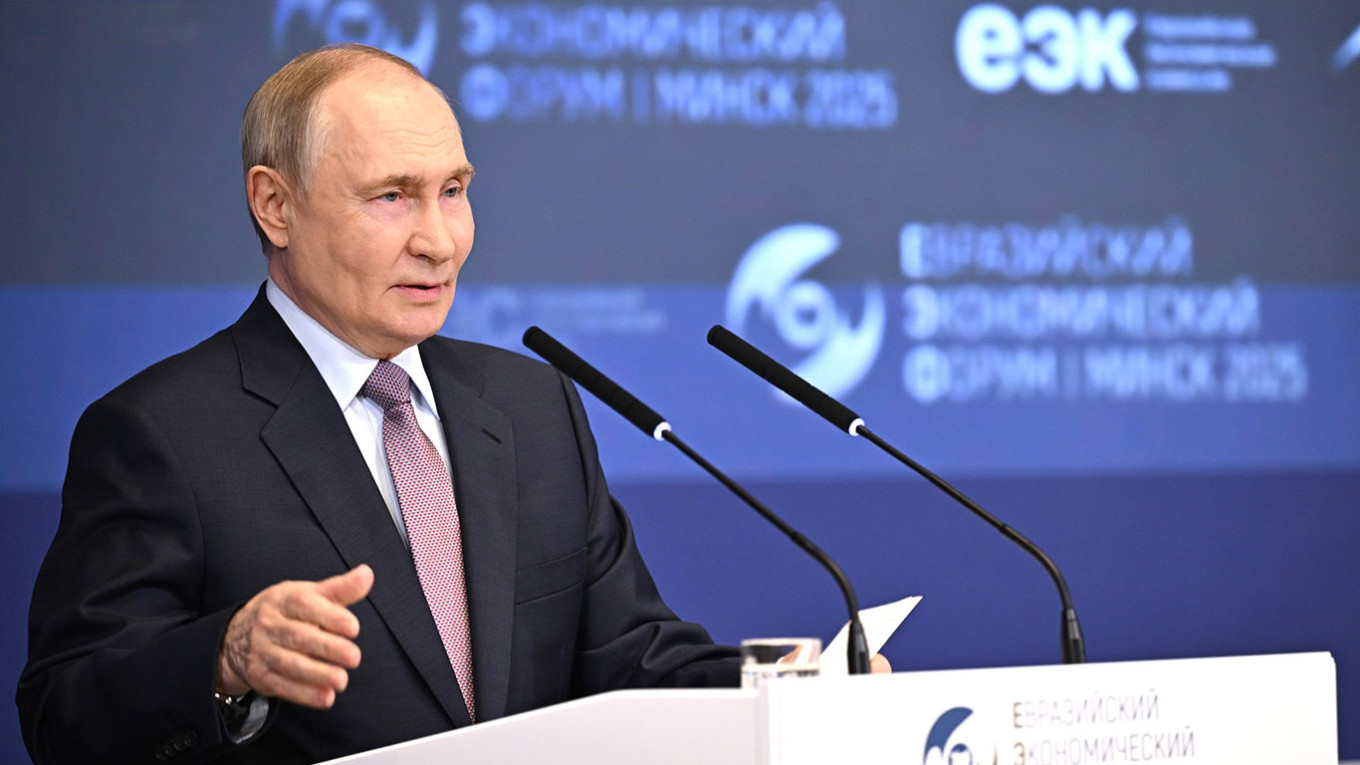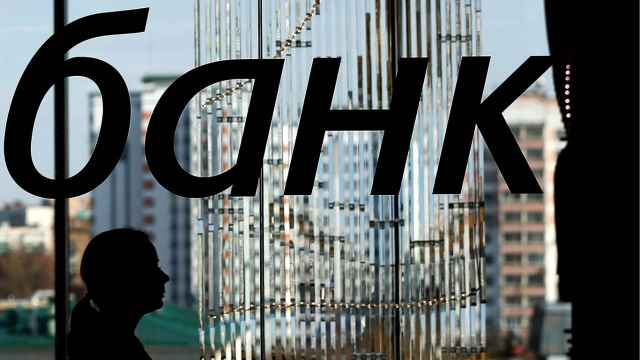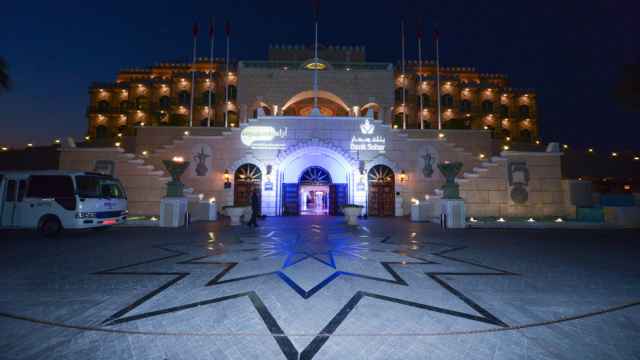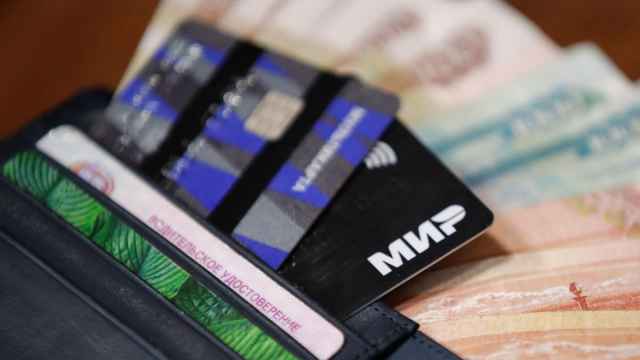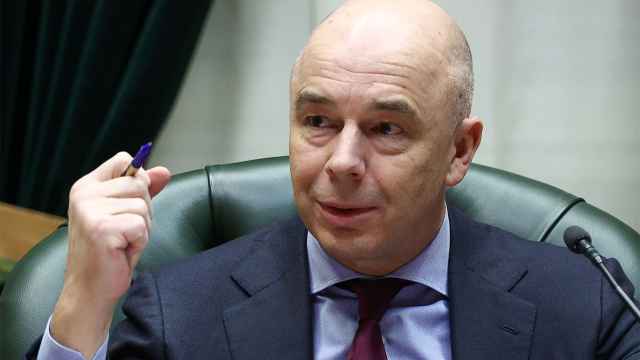President Vladimir Putin said Thursday that Russia is “ready” to part with its $300 billion in frozen assets in the West if doing so would help accelerate the shift away from Western-dominated financial systems.
Western countries froze roughly $300 billion in Russian Central Bank assets — mostly in Europe — after Moscow’s full-scale invasion of Ukraine. The EU plans to use interest earned on those assets to fund Ukraine’s defense, a move the Kremlin has condemned as theft.
“A significant amount of Russian gold and currency assets is frozen in Western banks. They keep telling us they intend to steal our money,” Putin said at a Eurasian Economic Union (EEU) summit in Minsk.
He said Western appropriation of the funds would trigger an “irreversible trend toward the regionalization of payment systems,” which he claimed would ultimately work to the benefit of the global economy.
“I think it is probably worth paying for,” Putin said, adding that Moscow would continue efforts to strengthen its own financial settlement systems in cooperation with “friendly states.”
Behind the scenes, reports suggest that Russia has floated using part of its frozen reserves to help rebuild occupied regions of Ukraine — and even to buy Boeing aircraft — as part of a potential peace deal.
The G7 has said Russia’s assets will remain frozen until it pays for damages in Ukraine. Within the EU, which holds more than $200 billion of the total, officials remain divided on whether a full seizure could jeopardize the euro’s global standing and risk retaliation.
Putin, a trained lawyer, quipped during the EEU summit that his legal background allows him to qualify the asset seizure as not merely “theft” but “robbery.”
A Message from The Moscow Times:
Dear readers,
We are facing unprecedented challenges. Russia's Prosecutor General's Office has designated The Moscow Times as an "undesirable" organization, criminalizing our work and putting our staff at risk of prosecution. This follows our earlier unjust labeling as a "foreign agent."
These actions are direct attempts to silence independent journalism in Russia. The authorities claim our work "discredits the decisions of the Russian leadership." We see things differently: we strive to provide accurate, unbiased reporting on Russia.
We, the journalists of The Moscow Times, refuse to be silenced. But to continue our work, we need your help.
Your support, no matter how small, makes a world of difference. If you can, please support us monthly starting from just $2. It's quick to set up, and every contribution makes a significant impact.
By supporting The Moscow Times, you're defending open, independent journalism in the face of repression. Thank you for standing with us.
Remind me later.


